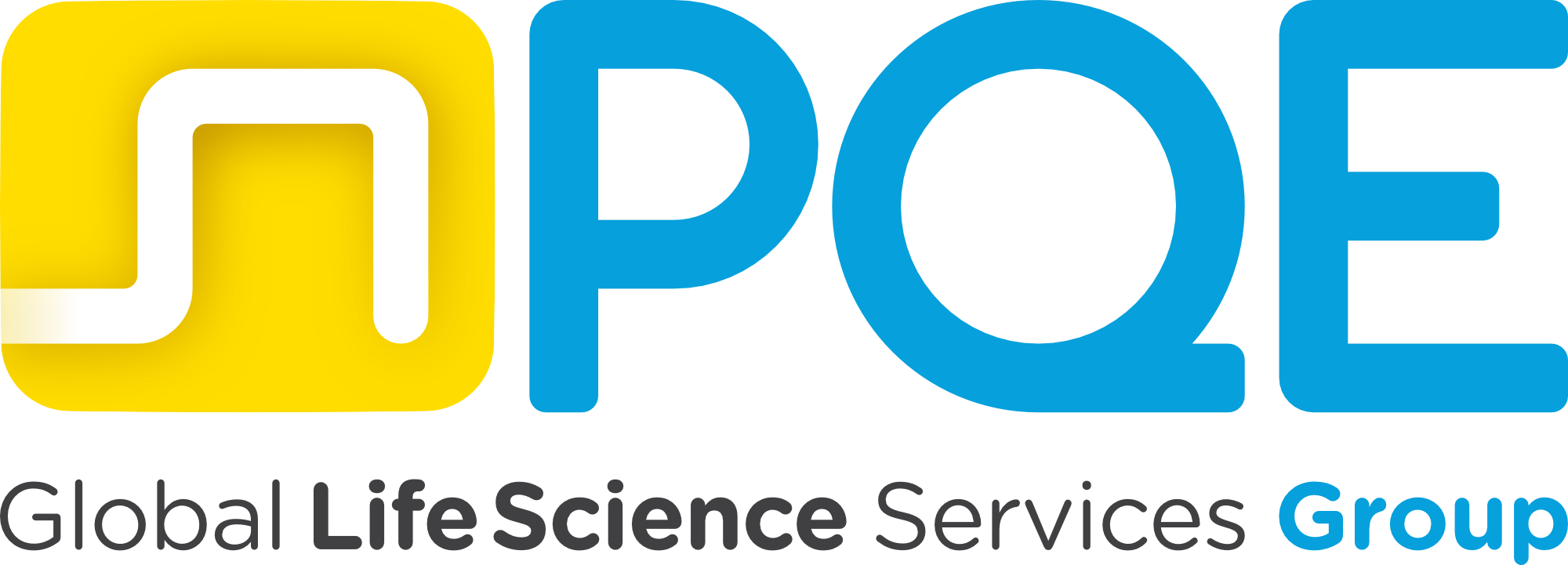New Regulations Entered into Force in 2017
In April 2017, the European Parliament and the Council adopted Regulation (EU) 2017/745 and Regulation (EU) 2017/746 to consolidate the regulatory framework for medical devices and in vitro diagnostic medical devices.
The new rules are proposed to reflect the improvements and innovations in the sector over the last 20 years.
The objectives of these Regulations aim to
- Protect the health of patients in need and the users of medical devices,
- Provide transparency and sustainability in the regulatory framework,
- Increase the efficiency of procedures and reduce administrative workload, and
- Assure the smooth functioning of the internal market for medical devices.
After they enter into force in May 2017, Regulation (EU) 2017/745 and 2017/746 became applicable on 26 May 2021, and 26 May 2022, respectively. The first transition periods provided in these Regulations were planned to end by May 2021 (May 2022 for in vitro diagnostic medical devices).
However, the transition to the new regulations has been slower than expected. The COVID-19 pandemic, disruptions in global supply chains, limited capacity of notified bodies, and economic operators unable to meet the current demands on the market delayed the implementation of these new rules, and the pre-agreed transition period became a challenge for manufacturers.
To avert the risk of shortages of medical devices and disruption of supply, the Commission announced a proposal in January 2023 to give more time to certify the devices.
The Extension of the Transition Period is Conditional
The transition period of the regulations issued by 26 May 2021 is extended from 26 May 2024 to 31 December 2027 for higher-risk category devices and until 31 December 2028 for medium and lower-risk category devices. However, this extension is conditional. It will be only applicable to
- Medical devices, such as pacemakers or syringes, that are currently covered by the transition period
- Class III custom-made implantable medical devices (until 26 May 2026).
For the above-mentioned class III medical devices, such as patient-specific implants for bone reconstruction, the transition period is only valid if the manufacturer has applied before 26 May 2024 and signed a contract with the notified body before 26 September 2024.
The proposal additionally:
- Extends the validity of certificates issued up until 26 May 2021 in accordance with the MDD and the AIMDD, and
- Cancels the sell-off date to ensure that safe and necessary medical devices that are placed on the market before or during the transition period remain available to healthcare providers and patients.
It should be noted that the new proposal does not change any headline in the Medical Devices Regulation, and does not jeopardize public health or patient safety. On the contrary, it aims to preserve it in the best manner possible.
Now, the proposal needs to be adopted by the European Parliament and Council, through an accelerated co-decision procedure. The PQE Group will continue to keep abreast with the latest updates on the Council’s next steps.
***
PQE Group is an ISO 9001-certified technology solutions and compliance consulting services company for the life sciences industry, providing global capabilities deliverable throughout the entire product quality life cycle. Established in 1998, PQE has 30 offices worldwide and more than 1500 industry subject matter professionals. PQE specializes in areas including Data Integrity Assurance, Digital Governance and Cybersecurity, Medical Devices, Qualification and Engineering, Laboratory Excellence, Quality Compliance, Regulatory Affairs, and Third-Party Audits. It also has a proven track record managing large multi-site projects as well as small, medium, and start-up pharmaceutical, biotech, and medical device clients.
PQE Group's highly professional subject matter experts can help ensure your IT systems are safe from ransomware, hackers, and other cyber threats. By partnering with PQE Group, you can be confident that your company will maintain FDA (and other regulatory agency) compliance and that your product can be safely developed and manufactured.

.jpg)

%20Development%20Should%20Take%20a%20Quality%20by%20Design%20Approach%20_1_1_1.jpg)

